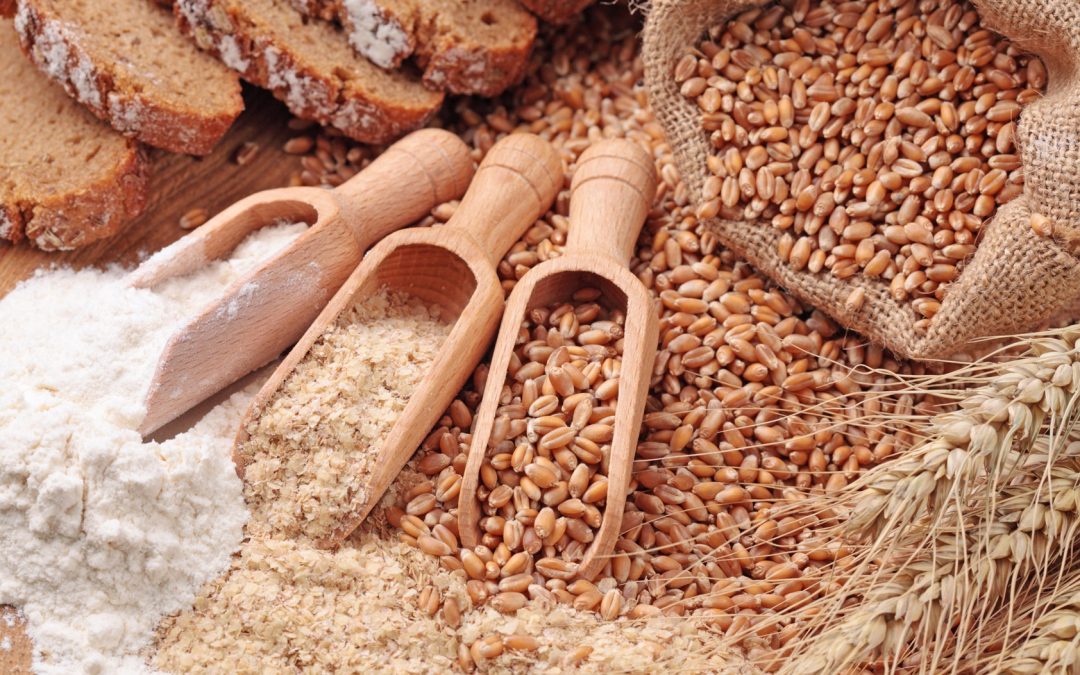“Greater love has no one than this, that one lay down his life for his friends.” – John 15:13 (NASB)
The stars pierced Egypt’s night sky as Joseph stood alone atop a newly constructed granary. Below him stretched the shadows of other storehouses, each filled with grain that could have been sold for immediate profit. In the distance, the lights of celebrating Egyptians flickered—people enjoying their prosperity, unaware of the approaching shadow of famine. In this moment of solitude, did Joseph remember his father’s aging face? Did his brothers’ children flash through his mind as he supervised another day of storing grain instead of selling it?
This scene, though not explicitly recorded in Scripture, captures the heart of preparatory sacrifice—choosing to forgo immediate comfort for the sake of others’ future survival. It’s a theme that echoes through the stories of God’s greatest servants, each of whom chose to bear present burdens so others might have future hope.
The Hidden Cost of Love
“Love is patient, love is kind… it does not seek its own…” – 1 Corinthians 13:4-5 (NASB)
Consider Jeremiah, who purchased land on the eve of Jerusalem’s destruction—not for himself, but as a testimony of future restoration for generations he would never see. Think of Noah, who labored for decades building an ark, sacrificing his reputation and resources not just for his family, but for the preservation of all living creatures.
Joseph’s story particularly illuminates this sacrificial preparation. During seven years of plenty, he could have amassed personal wealth. Instead, he chose to live simply, focusing all resources on preparation for a famine others couldn’t see. His sacrifice wasn’t just about storing grain—it was about storing hope.
When Love Looks Like Madness
“For if we are beside ourselves, it is for God; if we are of sound mind, it is for you.” – 2 Corinthians 5:13 (NASB)
The world often misunderstands sacrificial preparation. Noah’s neighbors surely thought him mad as he built an ark under clear skies. Joseph’s contemporary administrators likely questioned the extent of his storage programs during abundance. Even today, those who sacrifice present comfort for future provision may face questioning looks and concerned whispers.
But love often appears foolish to those who don’t share its vision. When Mary broke her alabaster jar of perfume over Jesus’ feet, some called it waste. When the widow gave her last coins, others might have called it irresponsible. Yet Jesus saw in both actions the beautiful geometry of sacrifice—love creating space for miracle.
The Generational Vision
“A good man leaves an inheritance to his children’s children.” – Proverbs 13:22 (NASB)
There’s a profound moment in Joseph’s story that’s easy to miss. When his brothers finally came seeking grain, they didn’t just represent themselves—they carried the weight of their children’s hungry eyes and their wives’ worried faces. Joseph’s years of preparation suddenly became personal. Every grain of wheat he had stored now held the power to preserve not just strangers, but the very family that had once rejected him.
This reveals preparation’s deeper purpose. We prepare not just for ourselves, but for generations. Like Abraham journeying to an unseen land for descendants yet unborn, our sacrifices today carve paths of provision for tomorrow’s travelers.
The Sacred Mathematics of Sacrifice
“Unless a grain of wheat falls into the earth and dies, it remains alone; but if it dies, it bears much fruit.” – John 12:24 (NASB)
Joseph understood a divine principle: that preservation requires sacrifice. Each bushel of grain stored meant less profit today. Each new granary built meant resources diverted from immediate pleasure. Yet these sacrifices operated on God’s multiplication principle—what is surrendered in love often returns multiplied in impact.
This same principle echoed through history. Moses sacrificed palace privilege to preserve his people. Esther risked her life to save her nation. Each understood that love’s greatest expressions often require love’s deepest sacrifices.
The Heart’s Preparation
“But Daniel made up his mind that he would not defile himself…” – Daniel 1:8 (NASB)
Physical preparation without heart preparation is merely hoarding. What set Joseph apart wasn’t just his administrative skill—it was his prepared heart. Years of personal betrayal and hardship had cultivated in him a spirit capable of seeing beyond personal vengeance to divine purpose.
This teaches us that true preparation begins within. Like Daniel purifying his heart in Babylon, or David developing his character in the wilderness, our greatest preparation may be the internal work of surrendering bitterness for love, fear for faith, and self-preservation for sacrificial service.
Love’s Labor Now
“Do not withhold good from those to whom it is due, when it is in your power to do it.” – Proverbs 3:27 (NASB)
Today’s prosperity is tomorrow’s provision waiting to be preserved. The resources we steward now—our time, energy, finances, skills—aren’t just for present comfort but for future care of those God entrusts to us. This might mean:
- Choosing simpler living to create resource reserves
- Developing skills that could serve others in crisis
- Building relationships that could become support networks
- Storing provision with a generous spirit
Prayer for Sacrificial Hearts
Father of all provision, give us Joseph’s vision to see beyond today’s comfort to tomorrow’s need. Grant us the courage to sacrifice present ease for future preservation. Help us prepare not from fear but from love, not for self but for service. May our hearts be as prepared as our storehouses, ready to distribute with wisdom and grace when the time comes. Shape us into vessels of Your provision for our families and communities. In Jesus’ name, Amen.
“Let each of you look not only to his own interests, but also to the interests of others.” – Philippians 2:4 (NASB)
Remember: Your sacrifices today are love letters to tomorrow’s needs. Like Joseph, your willingness to prepare despite misunderstanding may become the miracle someone else is praying for. In God’s economy, no act of love is ever wasted—especially the love that looks ahead and prepares the way for others.
“And God is able to make all grace abound to you, so that having all sufficiency in all things at all times, you may abound in every good work.” – 2 Corinthians 9:8 (NASB)






